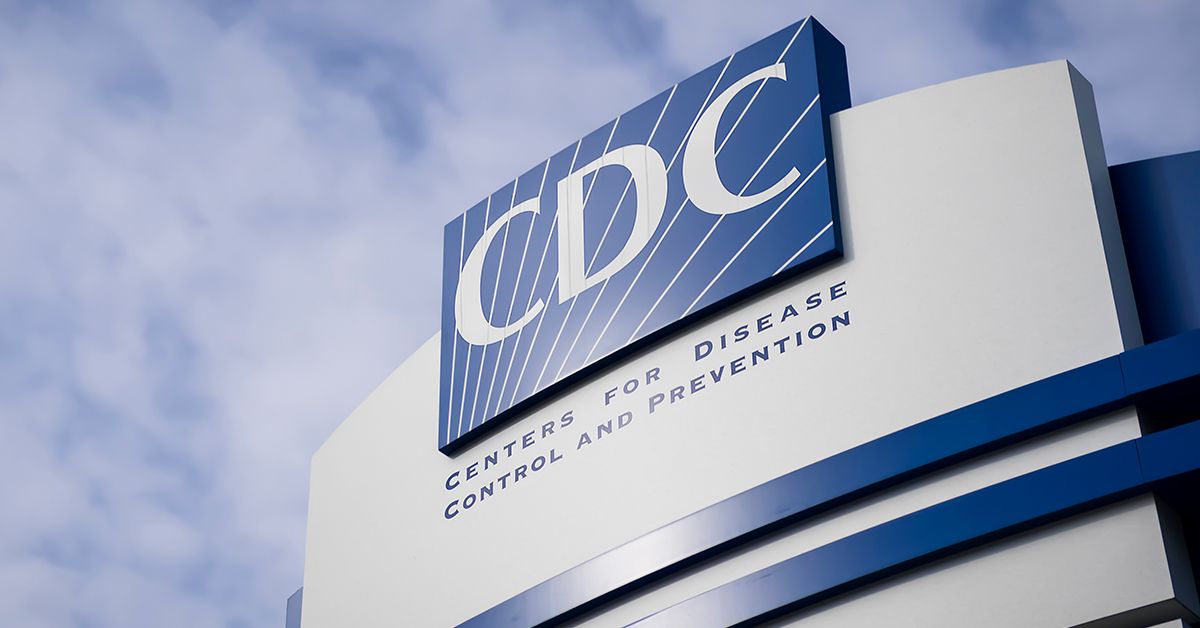Acting CDC Director Jim O’Neill suggested splitting the combined measles, mumps, and rubella (MMR) vaccine into three monovalent shots, calling on manufacturers via a post on X for “safe monovalent vaccines.” That recommendation echoed President Trump’s recent call to “break up the MMR shot into three totally separate shots.” Monovalent measles, mumps, or rubella vaccines are not approved in the U.S., and the CDC says there is no scientific evidence supporting separation of the combined MMR vaccine.
Meanwhile, the CDC’s Advisory Committee on Immunization Practices (ACIP) — reconstituted earlier this year by HHS Secretary Robert F. Kennedy Jr., who appointed members some critics of vaccine policy — voted in September on several vaccine-schedule changes. The meetings were described by multiple observers as tense and disorganized, with critics saying some motions lacked new safety data or standard preparatory analyses.
MMRV and MMR
ACIP voted 8–3 to stop recommending the combined MMRV (measles, mumps, rubella, varicella) vaccine for children under 4. The panel cited data showing MMRV carries a slightly higher risk of febrile seizures — roughly double the risk versus giving MMR and varicella separately — though the absolute risk remains low and such seizures are typically not serious. Experts noted this is not new information; only about 15% of parents currently choose the MMRV combination. Critics said removing the option reduces parental choice and will mean more injections for some children without clear public-health benefit.
Hepatitis B
ACIP debated delaying the hepatitis B vaccine given at birth and, after heated discussion, tabled the vote indefinitely. No new safety concerns were presented. Public-health experts warned that the birth dose has been a major success in preventing lifelong hepatitis B infection and associated liver cancer, and characterized attempts to restrict it — sometimes framed by some officials as a sexually transmitted disease issue — as risking a return to worse outcomes.
COVID-19 Vaccines
The panel narrowed recommendations for COVID-19 vaccination. ACIP now advises routine vaccination primarily for adults 65 and older; people ages 6 months to 64 are not barred from vaccination but are urged to engage in shared clinical decision-making with their providers about risks and benefits. A more stringent proposal that would have required prescriptions for COVID-19 vaccines failed on a 6–6 vote, with the chair’s tie-breaking vote defeating it.
Implications and Concerns
Experts at the meetings and commentators raised several concerns:
– Procedural problems: Observers said working groups typically provide months of clinical and economic analysis before votes; that level of preparation appeared missing, prompting worries about compliance with ACIP’s charter that requires consideration of economic evaluation.
– Public confidence: By raising questions without presenting robust data and in some cases tabling votes, critics say the panel risked undermining public trust in longstanding vaccine policies.
– Access and logistics: The shift to a “shared clinical decision-making” approach for COVID-19 shots may create confusion for patients, pharmacists, and providers about who can receive vaccines at pharmacies and what documentation might be needed. Retail pharmacies could limit availability to avoid legal or operational risk.
– Insurance and uptake: Although most insurance coverage for COVID-19 shots remains in place for now — with AHIP stating it will continue to cover COVID-19 and flu vaccines through the end of 2026 — experts warn that weaker recommendations can lead to reduced coverage and lower vaccination rates, particularly if costs shift to patients.
– Political influence: Observers noted that ACIP’s changes reflect broader vaccine skepticism within the current administration and worry that modest policy shifts could signal larger changes to come, creating uncertainty for pediatricians and family doctors who rely on stable guidance.
Voices from the field
William Schaffner, MD (Vanderbilt), called the proceedings “disappointing and very concerning,” citing apparent skepticism despite extensive evidence of vaccine safety and effectiveness. Charles Stoecker, PhD (Tulane), noted the absence of expected economic analyses and preparation. Jake Scott, MD (Stanford), said the panel “tried to solve a problem that didn’t exist” regarding MMRV and warned that sudden changes to long-standing policies make clinicians question what will come next. Experts emphasized that diseases do not respect state lines, and inconsistent policies could create gaps in population immunity.
Bottom line
ACIP’s recent votes make modest but notable changes: removing a recommendation for MMRV in young children, tabling a hepatitis B schedule change, and narrowing COVID-19 shot recommendations to prioritize older adults while shifting others to shared decision-making. While immediate practical effects for most Americans are limited, experts warn the actions risk eroding confidence, complicating vaccine delivery, and foreshadowing further policy shifts.




